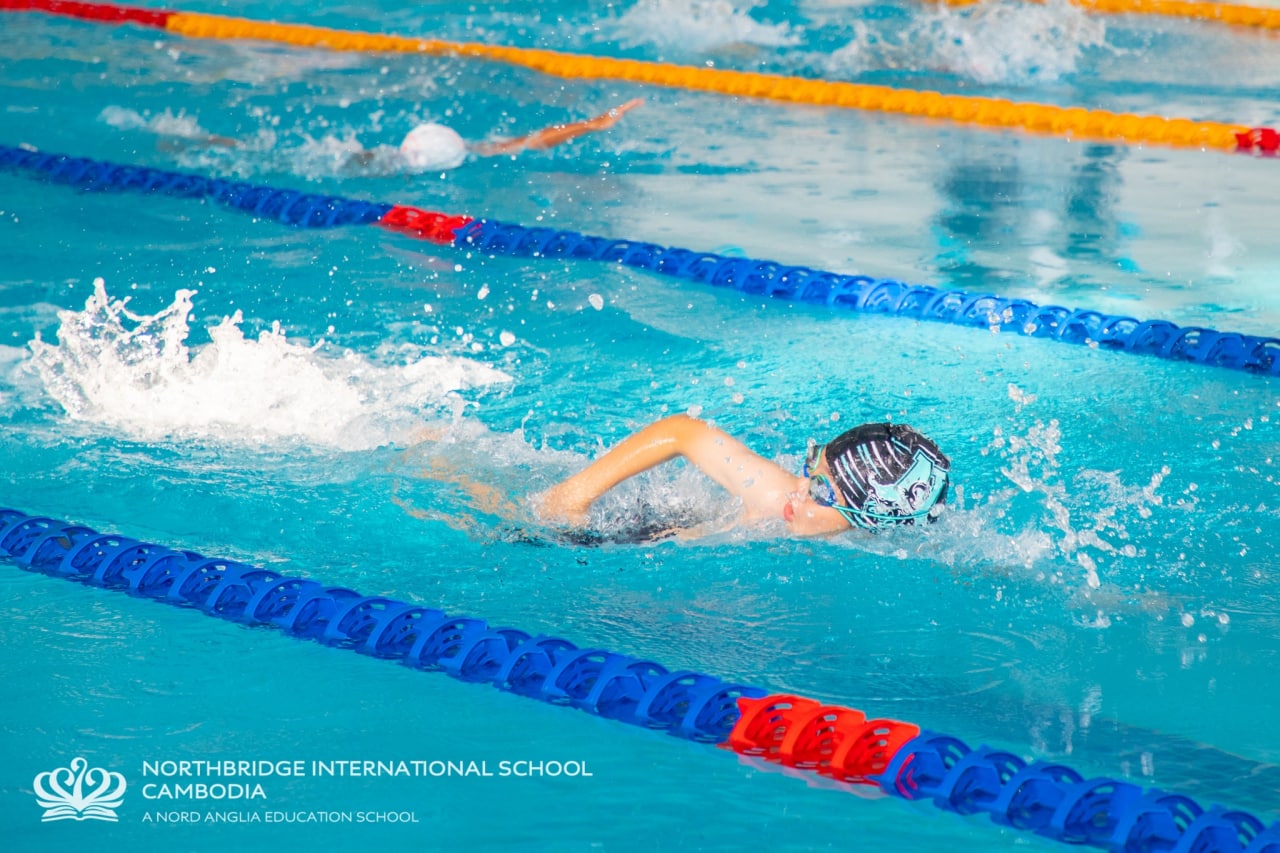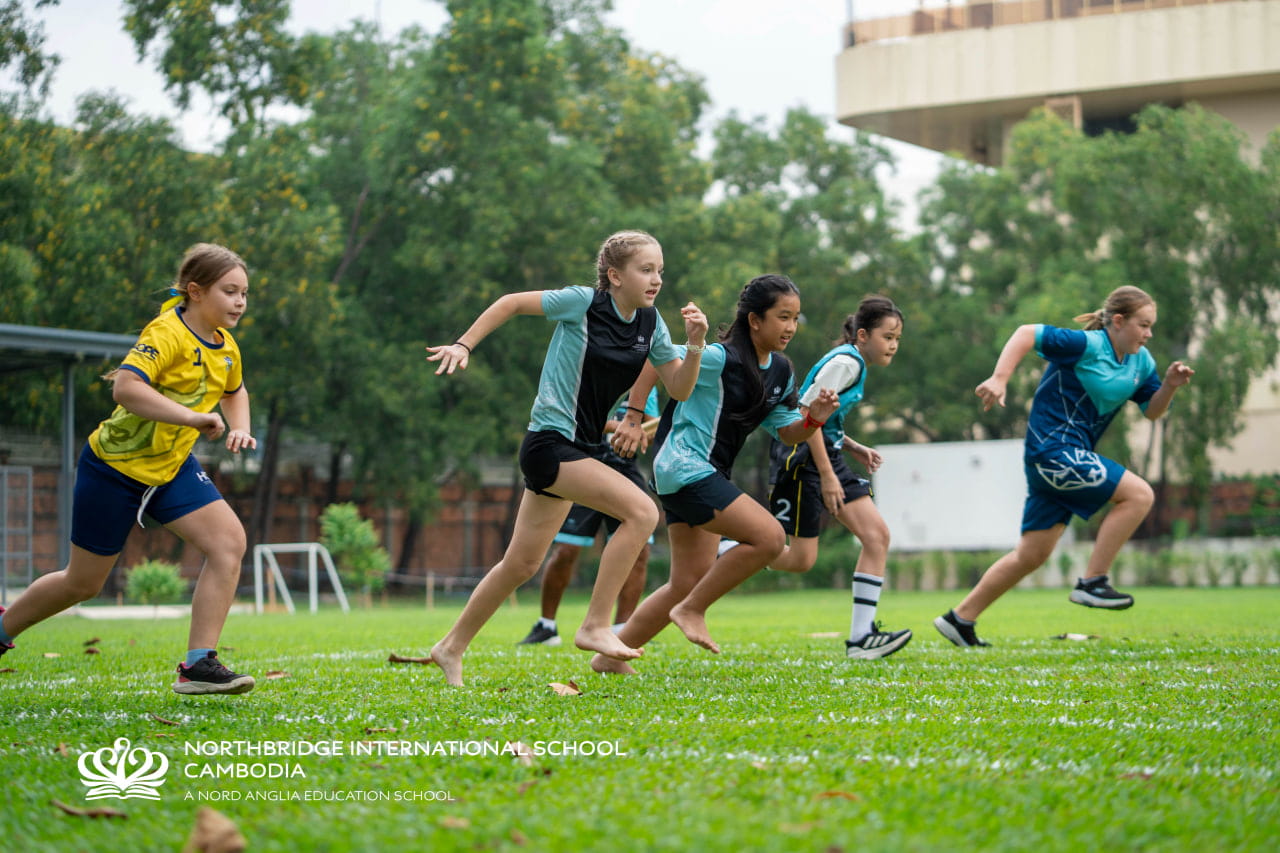These valuable in-school lessons introduce water safety and water confidence to students from a young age and continue to develop as students move through school. With how prevalent water is in our community, teaching children to swim is critical and should be considered as important as other core subjects.
Importance of Starting Early
Regular swim lessons and practice during the school day helps ingrain good habits and water safety when children are young. Experts believe there is a "critical period" for developing muscle memory related to swimming and this occurs between the ages 5-12. Frequent exposure during this window through school classes makes it more likely skills will stick for life.
When children learn to swim, they gain confidence in the water. This confidence carries over to other areas of their lives as they discover they can accomplish new skills with practice. Swimming requires physical skills like floating, balancing, kicking and stroking. It also challenges children's risk taking skills as they gain confidence in deeper areas of the pool. Learning to swim promotes resilience that serves children well as they continue to try new activities and face challenges that they need to overcome.
Saving Lives and Reducing Accidents
Another key benefit of early swim lessons is it lowers the risk of water accidents and death. Drowning is one of the top causes of accidental death in children.
However, studies show (OECD Swimming skills around the world, Nov 23) children who've taken swim lessons are less likely to drown. Even basic skills like treading water, floating or rolling over boost survival instincts in an emergency. Feeling safe and comfortable in the water prevents accidents before they happen.
Builds Lifelong Health and Fitness
Early introduction to an activity increases the chances children will enjoy it into adulthood. Unlike some sports, swimming is a low-impact exercise most people can enjoy safely across all ages and abilities. Regular swimming as a child sets the stage for a lifetime of heart-healthy recreation and stress relief.
Experts from Swim Australia recommend swimming at least two to three times per week to really progress in lessons and gain skills. Devoting short sessions, even just 20 minutes at a time, several times a week allows children to practice and build on skills without forgetting what they learned last time. Consistency is key for building confidence in the water long term.
We swim once a week at school and would love for you to be involved and take your children swimming with you regularly as well. You'll be giving your children skills that could save lives and promote healthy habits for years.






